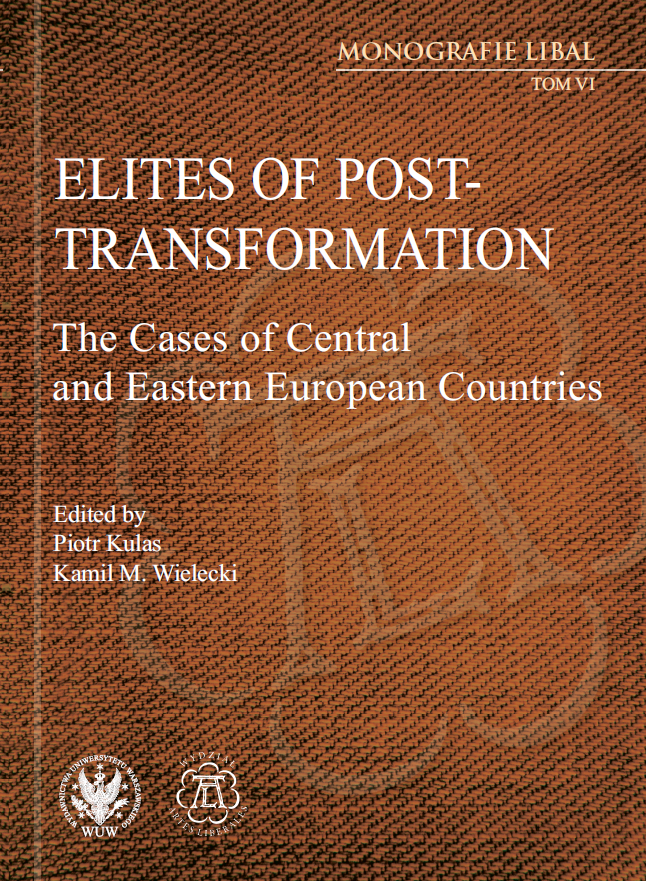THE RULE OF POPULIST NATIONALISTS IN CENTRAL AND EASTERN EUROPE AND ITS CONSEQUENCES
THE RULE OF POPULIST NATIONALISTS IN CENTRAL AND EASTERN EUROPE AND ITS CONSEQUENCES
Author(s): Jan Pakulski
Subject(s): Politics, Sociology, Security and defense
Published by: Wydawnictwa Uniwersytetu Warszawskiego
Keywords: political elites; populism; populist leaders; democratic stability; quality of ruling; governance
Summary/Abstract: The surges of populist nationalists into political leadership position in Central and Eastern Europe (CEE) have been typically analysed from the society-centred perspective as responses to major societal transformations. Taking an elite- and leader-centred approach, this chapter: 1) emphasises the central role of political elites and leaders, characterised as populist nationalists, in engineering the surges; 2) locates these surges within modern trends in centralisation of power/authority; and 3) points to the degenerative and dysfunctional nature of populist-nationalist politics. Finally, 4) it casts the glance at the populist rule and the quality of governance (WGI). The analysis encompasses the main CEE countries, but focusses on Poland and Hungary, where populist elites are most entrenched politically. In line with the classical and contemporary elite analysis, political elites are defined as “ruling minorities” at the apex of political power; populism is seen as a distinctive leadership style that combines “anti-elitism” with demagogy; nationalism focusses on contesting the European Union (especially its legal-political order), and “quality of ruling” is defined in line with the World Bank’s WGI.
Book: Elites of Post-Transformation
- Page Range: 97-118
- Page Count: 22
- Publication Year: 2024
- Language: English
- Content File-PDF

